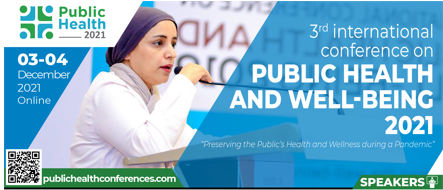Knowledge on Pharmaceutical Wastage Management and factors influence on it among Pharmacy Personnel at Private Pharmacies in Jaffna Municipality Area, Sri Lanka
DOI:
https://doi.org/10.32789/publichealth.2021.1012Keywords:
Pharmaceutical waste management, Private pharmacies, Pharmacy personnel, KnowledgeAbstract
Improper pharmaceutical waste management is one of the reasons for environmental hazards and affects all living organisms in the world. Pharmacy working personnel’s knowledge on pharmaceutical waste management plays important roles in the provision of proper wastage management to secure the ecosystem in the country. Aim of the study was to assess the knowledge of pharmaceutical wastage management and influence of socio-demographic and work-related factors on it at private pharmacies in Jaffna Municipality Area. A descriptive cross-sectional study was conducted in private pharmacies. Pre-tested and validated self-administered questionnaire was used to collect data. Knowledge level of participants was categorized as good, adequate and poor. Data were analyzed using SPSS version 23. Chi- square test was performed to analyze the variable and 95% confidence interval was set for the test and results were significant if p value <0.05. Respondent rate of pharmacy personnel was 78.71% (n = 122) and most of them were female 59% (n = 72). Majority of the participants (67.2%, n = 82) were pharmacy assistants. In this study, most participants (76.2%, n = 93) had poor knowledge on pharmaceutical waste management. 10.7% (n = 13) had good knowledge and 13.1% (n = 16) had adequate knowledge. Age, marital status, educational level, position in the pharmacy and work experience (p< 0.001) had statistically significant influence on level of knowledge. Continuous education programs should be initiated and periodically conducted among pharmacy personnel to improve knowledge of pharmaceutical waste management. Existing guidelines should be strengthened and monitored for implementation by regulatory authorities.


 Join our next public health conference.
Join our next public health conference.